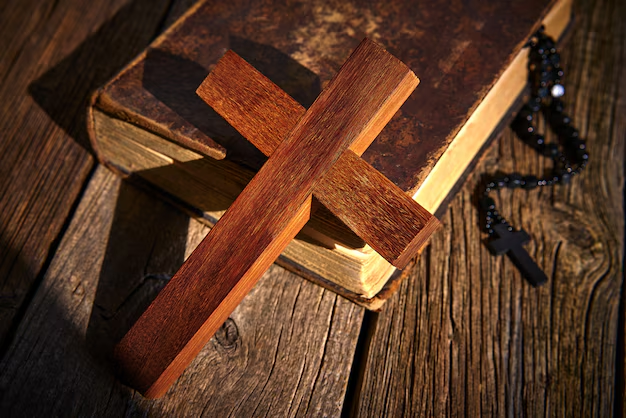“The Pelican Cross” – Homily for February 15th
6th Sunday of Ordinary Time
[Describe PELICAN CROSS] This unique cross demonstrates how deeply Jesus emptied himself for our sake. Jesus gave himself completely… something we taste to this very day in our holy Eucharist.
How can our response to Jesus not be just as complete? I believe this is part of what Jesus is getting at in today’s Gospel lesson delivered to his disciples.
Our response to Jesus’ complete self-emptying love for us must of necessity be so complete that it delves even into our heart’s intentions.
Our response to Jesus’ complete self-emptying is to be so complete itself that our response is as fundamental to our life as is our breathing.
And this can only be done if we have great trust in God’s faithfulness and promise… that through self-emptying, we are filled; that the last shall be first; that the one who loses his life for Jesus’ sake will find his life in God. This will take great trust, which is what faith feels like within us.
You know, on Jesus’ cross he had the company of two individuals who likewise had been stripped of everything… their status, their possessions, their freedom, and their power… even the power to move as they were roped to their own crosses. Stripped and bound, the only thing each had left was their heart.
One, whose name we do not know, only offered Jesus in his pain his hate, his scorn, his ridicule, and his selfish demands for divine intervention.
The other Sinner, Dismas (who likewise was stripped of everything he had ever possessed or dreamed) offered Jesus the only thing his heart had left – Faith (in God’s faithfulness), Hope (in God’s love), and Trust in God’s power to forgive.
In the moment Dismas cried out to Jesus, “Remember me when you come into your Kingdom,” he went from simply being stripped of all he possessed to being completely emptied for Jesus. Only then could he be divinely filled (a good measure, pressed down, shaken together and running over, poured into Dismas’ lap) as he heard Jesus say, “Truly I tell you, today you will be with me in paradise.”
Dismas’ trust in Jesus (a trust that resulted in complete self-emptying) became a righteousness that allowed him to enter the kingdom of heaven.
As we now again partake in Jesus’ self-emptying for us, listen to what Jesus wants from each of us in return… Ask yourself, “How have I sacrificed self to serve Jesus?”

